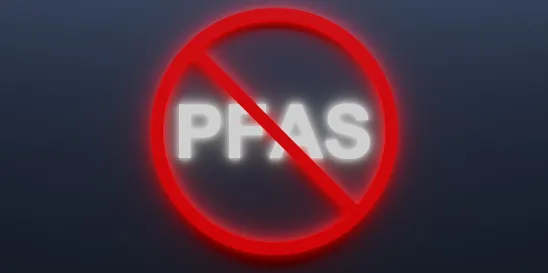The European Chemicals Agency (ECHA) issued a press release on March 13, 2024, to outline how the Scientific Committees for Risk Assessment (RAC) and for Socio-Economic Analysis (SEAC) will progress in evaluating the proposal to restrict per- and polyfluoroalkyl substances (PFAS) in Europe. As reported in our February 13, 2023, memorandum, the national authorities of Denmark, Germany, the Netherlands, Norway, and Sweden submitted a proposal to restrict more than 10,000 PFAS under the Registration, Evaluation, Authorisation and Restriction of Chemicals (REACH) regulation. The proposal suggests two restriction options — a full ban and a ban with use-specific derogations — to address the identified risks. Following the screening of thousands of comments received during the consultation, ECHA states that it is clarifying the next steps for the proposal. According to ECHA, RAC and SEAC will evaluate the proposed restriction together with the comments from the consultation in batches, focusing on the different sectors that may be affected.
In tandem, the five national authorities who prepared the proposal are updating their initial report to address the consultation comments. RAC and SEAC will assess this updated report, which will serve as the foundation for their opinions. The sectors and elements that will be discussed in the next three committee meetings are:
March 2024 Meetings
- Consumer mixtures, cosmetics, and ski wax;
- Hazards of PFAS (only by RAC); and
- General approach (only by SEAC).
June 2024 Meetings
- Metal plating and manufacture of metal products; and
- Additional discussion on hazards (only by RAC).
September 2024 Meetings
- Textiles, upholstery, leather, apparel, carpets (TULAC);
- Food contact materials and packaging; and
- Petroleum and mining.
ECHA states that it will announce more information about the committees’ plans to evaluate the remaining sectors and about the next procedural steps as work advances. ECHA will communicate this information in conjunction with the committee meetings.
ECHA notes that it is “making every effort to progress opinion making, following the updates made to the proposal by the five national authorities.” ECHA states that it will deliver the final opinions to the European Commission “in the shortest possible timeframe while ensuring their transparency, independence and high quality.”




 />i
/>i

